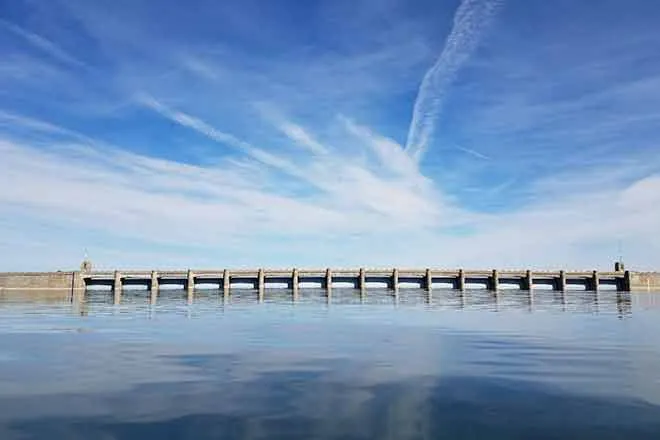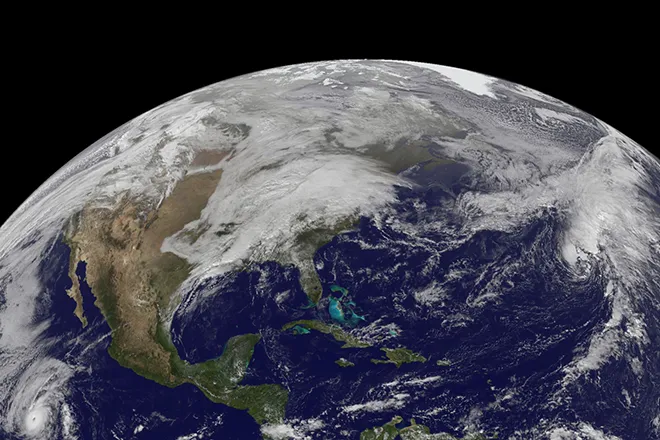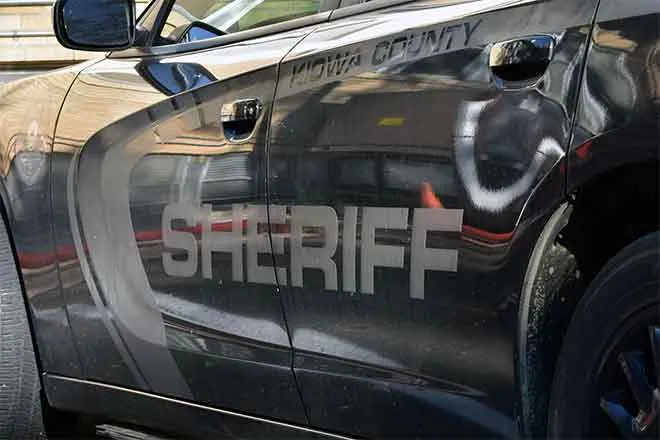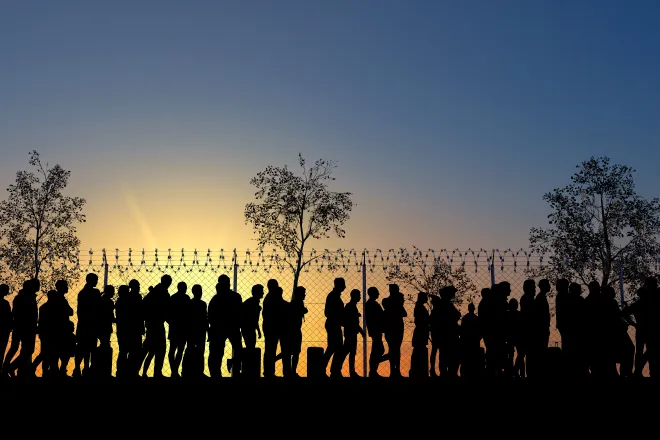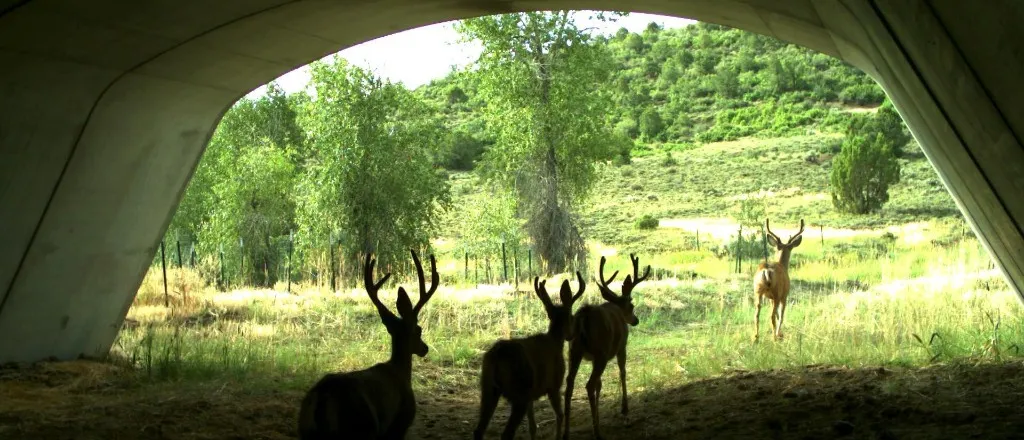
Safe wildlife crossing bill clears Colorado legislature
(Colorado News Connection) The Colorado General Assembly has passed legislation to fund wildlife road-crossing projects across the state.
Rep. Julie McCluskie, D-Gunnison, said Senate Bill 151 has broad support from sportsmen and women, land and wildlife conservation groups, and community leaders from both parties. She argued safe passages work, and pointed to a successful program developed in Summit County.
"Our safe passages in Summit County have been able to reduce the number of wildlife and vehicle collisions by more than 92% in the five years since they were originally constructed," McCluskie reported.
Each year, wildlife-vehicle collisions kill thousands of animals, at a cost of more than $80 million in property damage and related expenses. The "Safe Crossings for Colorado Wildlife and Motorists" bill will use state funds to tap matching federal dollars for a list of shovel-ready projects, starting with stretches of roads and highways with high rates of wildlife-vehicle collisions.
Outdoor recreation contributes more than $62 billion to Colorado's economy. But Colorado Parks and Wildlife estimated more Western Slope mule deer does are killed each year in vehicle collisions than from hunting.
Rep. Perry Will, R-Carbondale, said the measure will help protect critical wildlife resources.
"We lose thousands of deer and elk and other wildlife across the state each year," Will noted. "This bill is important; that we can save those, plus the safety of the motoring public. There's some really bad accidents with wildlife and vehicle strikes on the roadways."
Colorado has been a leader in the West for wildlife-crossing solutions. There are currently 64 bridges, culverts or tunnels, and fencing projects to help move animals away from traffic and to safe crossings. McCluskie said the measure will help preserve Colorado's rich outdoor experiences.
"Nothing is more special about Colorado than our great outdoors," McCluskie stressed. "When we protect wildlife, we protect that very pristine, special, unique part of our entire state and culture."

